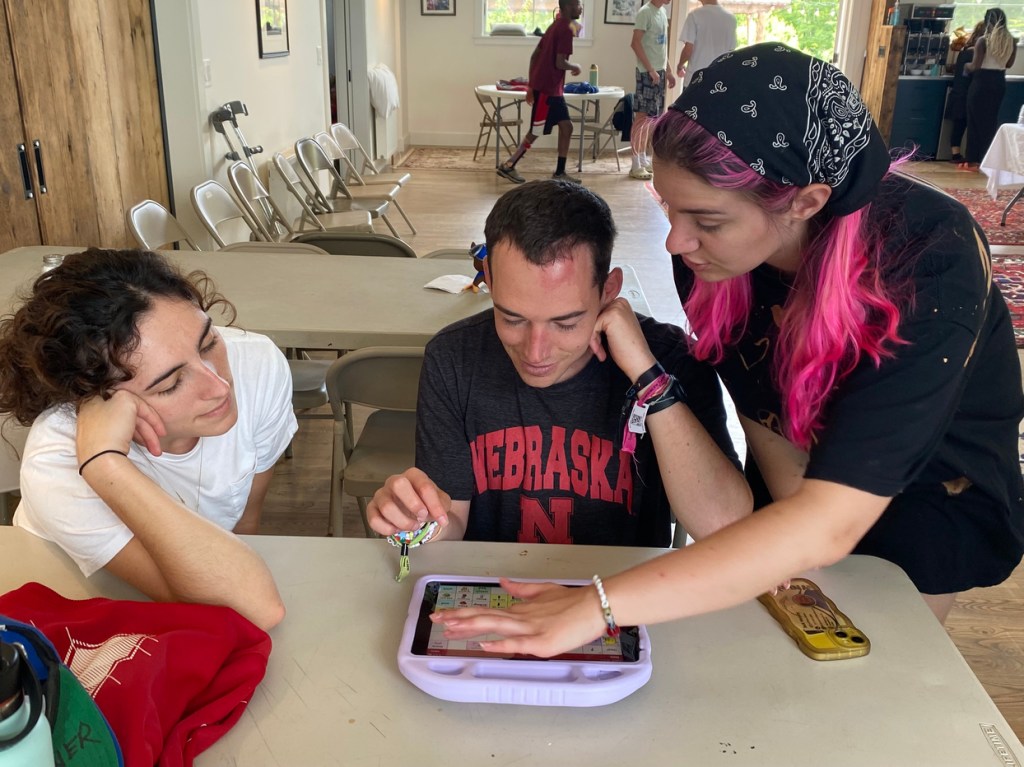Predicting the impact of climate change
The functional differences between organisms will provide a critical view into how the effects of global warming may take hold in the future, according to internationally renowned biologist George Somero, who spoke at the inaugural Distinguished Lectureship hosted by Northeastern University’s Department of Biology on Sept. 15.
Somero, the David and Lucile Packard Professor of Marine Science at Stanford University, has conducted cutting-edge research on how climate change may affect ecological communities. His lecture, entitled, “A Physiologist’s Perspective on Climate Change: Predicting the ‘Winners’ and ‘Losers’ in a Warming World,” drew an engaged crowd of about 175 in Raytheon Amphitheater deeply into the topic.
Which species might be the most vulnerable to global warming and what changes may be in store for certain ecosystems? Somero said his molecular research could shed light on the answers to these and other crucial climate-change questions.
“In some cases we’ll find an organism that used to occur as far south as San Francisco but now they’re being found [only as far south as] Oregon. So as the oceans have warmed and the air temperatures have gone up, organisms have changed their distribution patterns,” Somero said.
He also pointed to PEW Research Center findings last year that he said highlights a disturbing trend—fewer Americans see global warming as a serious problem.
The goal of the Department of Biology’s Distinguished Lectureship is to bring accomplished biologists to Northeastern’s campus to highlight their outstanding work and the critical importance of the life sciences in advancing scientific understanding. The lectureship also emphasizes Northeastern’s mission to develop innovative, use-inspired research that solves global challenges in areas such as health, sustainability, and security.
“We are thrilled to have George Somero as inaugural speaker of the Distinguished Biology Lecture at Northeastern University,” said Günther K. H. Zupanc, professor and chair of the Department of Biology. “The implications of his scholarly activities reach far beyond science—they provide the scientific basis for important political decisions that will affect our daily lives.”
Somero is the associate director of the Hopkins Marine Station at Stanford and a senior fellow at the university’s Woods Institute for the Environment.
He is a member of the National Academy of Sciences and a Fellow of the American Association for the Advancement of Science. He earned his bachelor’s degree at Carleton College and his PhD at Stanford.





